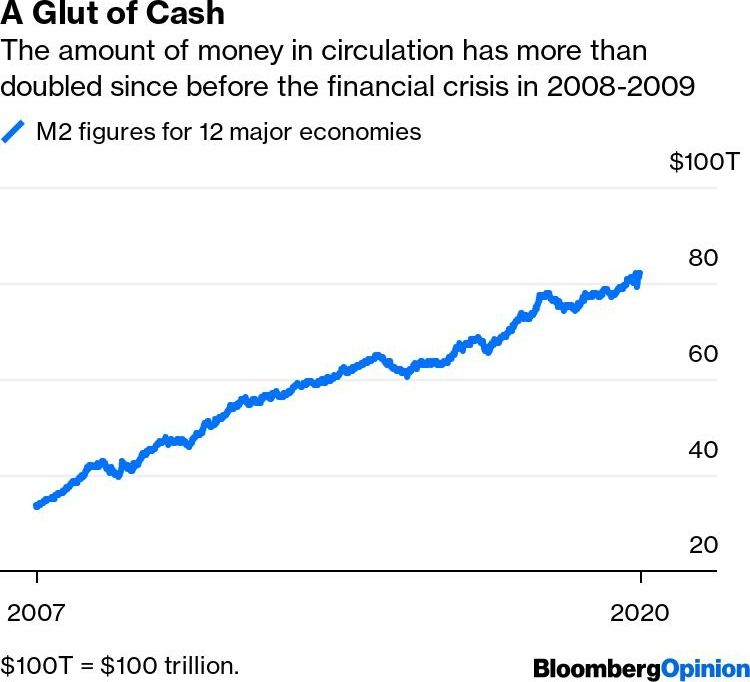Dinorah Delphin has unveiled another magnificent issue of the Immortalists Magazine. She has clearly focused her contributing authors on the world pandemic, with impressive results.
One of the outstanding articles is from our pal, the Chairman of the USTP, Gennady Stolyarov. Gennady levels an eviscerating attack on the American health care system.
I can see that Gennady has a visceral reaction to mass death. There is passionate, broiling anger in the lines of his article. He seems to be mounting a crusade, and I’m going to confess that I’m considering arming myself for battle.
“…there has not been the will…to prioritize public health and longevity as the overarching objective of the economy and of society.”
People have amazingly short attention spans. And you might think, after looking back at previous epidemics, that shortly after this subsides that everyone will go back to debating trivia on TV and quibbling over the latest inanities bellowed from the podium by the oompa loompa moron. After all are there vaccines for SARS, MERS, or HIV? No, there are not. It takes will and effort and money and focus and time to create an effective vaccine. I understand that the world record quickest vaccine development was for the mumps and that that effort took 4 years. However, this virus may have a second and a third wave coming, which might function as a nightmare wake-up alarm that can’t be shut off. There is the potential that at some point the mountainous pile of dead bodies will actually focus this nation’s attention on delivering a lasting solution. I credit Gennady for having the foresight to immediately engage the USTP in a series of proposals designed to enable that lasting solution.
What would our world look like if the number one priority was making everyone healthy enough to live forever?









